Your complete guide to the most efficient, effective heater
Heating your range in winter doesn’t need to cost you an arm and a leg. All heaters cost money to run, of course… But some are...
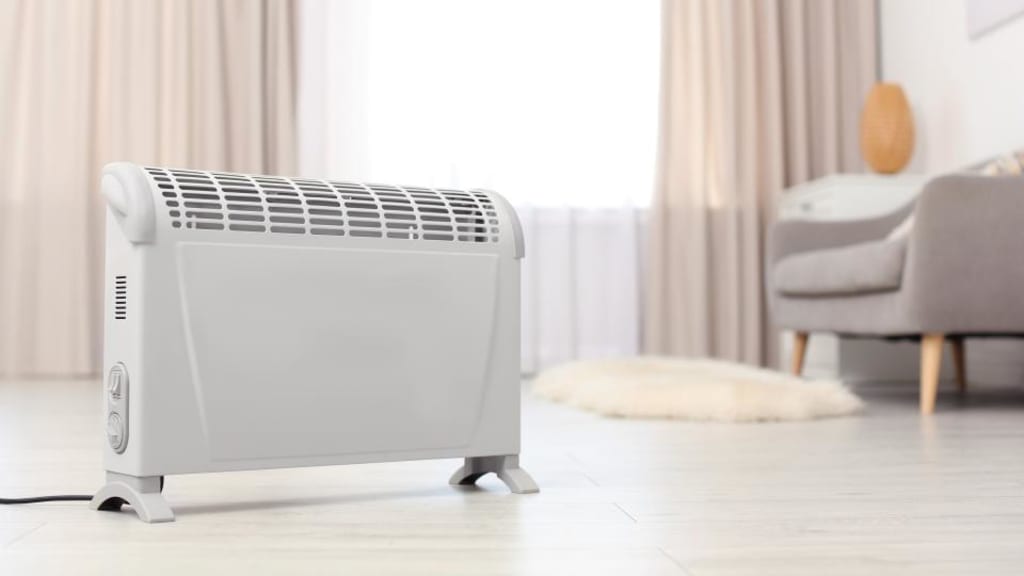
Heating your range in winter doesn’t need to cost you an arm and a leg. All heaters cost money to run, of course… But some are cheaper than others, and a few are particularly efficient in certain sorts of spaces.
But how does one find the ‘right heater’ for your unique space? With such a good range of options available, choosing the foremost cost-effective and efficient heating is often tricky and time-consuming.
Fortunately, you don’t need to make the selection alone… Whether you’ve got gas or electric available, we’re getting to assist you find a heating option which will keep you cosy in winter without breaking the bank.
First, Measure Your Room
Size matters when it involves heating. Many folks underheat our rooms or choose the wrong-sized heater for our living spaces, resulting in even bigger energy bills and a chilly, unwelcoming environment.
So your initiative when choosing the foremost efficient heater is to live the space you would like to heat (in square metres). Simply multiply the space length by its width for your square meter measurement.
Then Calculate the Facility Your Heater Will Need
Below are some formulas to assist you calculate the facility your new heater will need. (Note that if you've got high ceilings, large windows or no insulation, you ought to aim for a rather more powerful model, as these factors mean less heat is retained.)
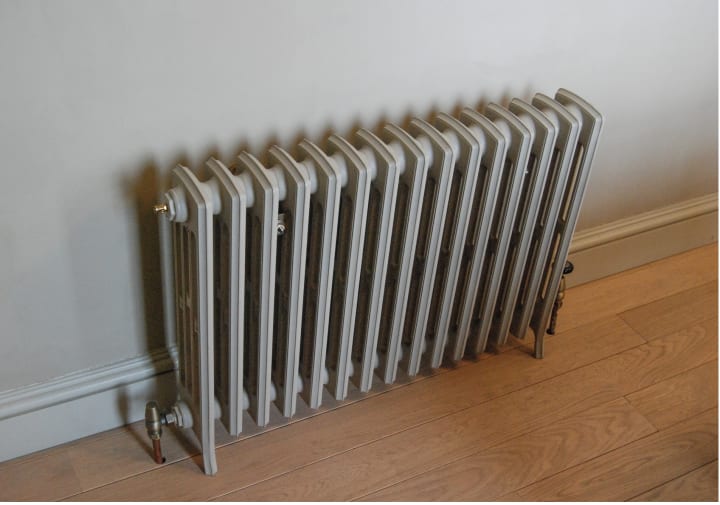
Electric
Once you get the area of your house in square meters, multiply it by 100. This may offer you the approximate power of the heater you’ll get to warm the space – 100W per square meter (a bit more if you reside during a cold part of Australia, and a touch less if you reside during a hot part).
e.g. a neighborhood that’s 3m wide and 5m long has an area of 15 square metres (sqm), and can therefore require a 1500W (1.5KW) electric fire.
Gas
Once you've got your room’s area in square metres, multiply it by 75. This may offer you the approximate power of the heater you’ll get to warm the space – 75W per square meter (a bit more if you reside during a cold part of Australia, and a touch less if you reside during a hot part).
e.g. a neighborhood that’s 3m wide and 5m long has an area of 15 square metres (sqm), and can therefore require a 1125W (about 1.1KW) heater.
Then choose the simplest heater therein power range
Here are our recommendations for a variety of various room sizes.
Small to Medium Rooms (10-25sqm)
For a smallish room, you ought to be trying to find fast, consistent heat, not maximum power. If you create the error of shopping for a heater that’s far too powerful, you’ll overheat and find yourself with an uncomfortably large energy bill.
Electric Recommendations
The heaters in the bottom column are affordable and great for retaining heat. While they don’t heat up as fast as less-efficient blower heaters, they’re great for keeping an area warm for hours.
Gas Recommendations
The radiant and convector gas heaters below are a superb option for direct heating. They’re very simple to work, feature child locks for safety, and project heat quickly into a smaller area.
Note the last option is most powerful and best fitted to larger rooms, especially those with high ceilings and no insulation.
IMPORTANT: Note that unflued gas heaters will vent their low-level emissions back to the space, so ventilation may be a must. they'll also cause irritation if you've got asthma or skin sensitivities.
Larger Rooms (25-40sqm)
Larger living rooms, particularly those with higher ceilings or unconventional layouts, are best heated using more powerful gas heaters and higher-powered panel heaters.
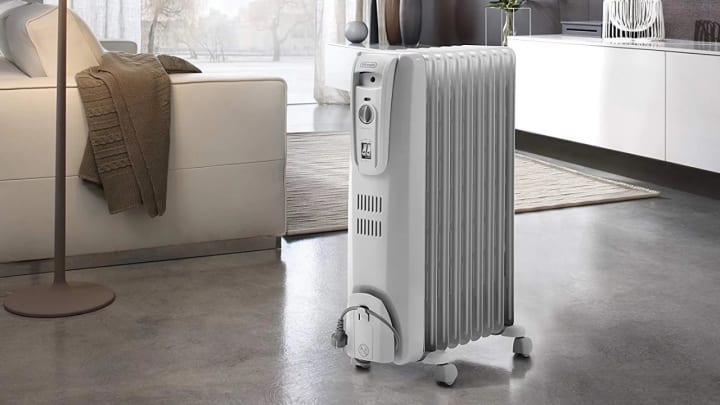
Instead of heating a neighborhood directly, they heat and circulate the air evenly around the room.
Electric Recommendations
If you’re ready to isolate your room by closing doors and covering windows, the panel heaters below are an honest option as they gently heat and circulate the air itself. As warm air rises over time, panel heaters push consistent, precise heat into the cooler areas. Otherwise, you ought to consider a reverse-cycle air-conditioner for the foremost effect leading to larger rooms.
Gas Recommendations
The below gas heaters are excellent for bigger rooms because they’re efficient and effective, converting around 90% of the gas energy content into heat and providing powerful, instant heat. While they’re costlier than electric heaters to shop for, gas-heaters are significantly cheaper to run.
Open-Plan Areas or Whole House
Heating options for the entire home or large, open-plan living areas have a costlier outlay, but you’ll recoup the advantages financially over the long-term, as they typically offer a way wider, further range of heating while remaining energy-efficient.
Electric Recommendations
The reverse-cycle split-system air conditioners below are among the foremost cost-effective and energy-efficient heating options at the end of the day. They distribute air widely and evenly throughout small and enormous living areas, and also are suited to cooling in warmer months.
Gas Recommendations
Whole-house gas systems like hydronic and ducted-gas are energy-efficient and slowly gaining in popularity, but they are doing accompany significant installation costs. (Sorry, we don’t sell these products.)
Bathrooms
The safest and most effective option for bathrooms is the panel heater. Alongside their compact design, many panels are rated as drip-proof and suitable for toilet use.
Our recommendations below are handpicked for toilet use, and supply a pleasant ambient heat.
Also think about…
With electricity prices on the rise, room size and energy efficiency are definitely important factors to think about, but they’re not the sole ones. Here are other considerations…
Convenience
If you wish to go to a pre-warmed room in the morning, and coming home to a warm house in the dark, consider a heater with a timer. That way, you’re only using heat once you really need it, instead of leaving the heater on overnight or while you’re away, which is expensive and ultimately unnecessary.
A heater with a built-in thermostat is also a great option as it maintains accurate temperature over time. While you want to jack up your thermostat on a cold night, try to resist the urge. Once higher, it can have a dramatic impact on energy prices. If you set it between 18 ° C and 21 ° C, you can spend comfortably without spending too much on electricity bills.
Diversity
If you need something that can be used to heat multiple rooms, consider a portable, lightweight model or a model with casters. Many electrical panels and column heaters have casters. Smokeless gas heaters can also be used from room to room.
WARNING: It is illegal to use a flueless gas heater in a bedroom or poorly ventilated room.
Alternatively, you can consider a reverse cycle air conditioner. As explained above, they heat a large area in a very cost-effective way, making them ideal for open plans and unconventional layouts. Many models are also versatile enough for heating and cooling, so they can be used all year round.
Safety
Here Are Some Useful Safety Tips to Keep Your Home Warm:
If you have a young family or pet and are worried about burns, avoid radiant heaters with exposed elements. Column heaters and electric panel heaters are generally safe methods as they are only warm to the touch and do not burn.
The column heater is not designed for use in humid environments and should never be used in the bathroom. Instead, consider a panel heater. Many are drip-proof and can also be wall-mounted to fit snugly against the wall and prevent harm.
More modern electric columns and gas heaters come with an automatic cutoff and anti-tilt design that turns off the appliance in the event of overheating or tipping over.
If you are interested in radiant or convection gas heaters, consider one with an oxygen deficiency meter. If the oxygen level in the room begins to drop, the meter will send an alert and eventually shut down the appliance completely to ensure safety.
Due to the high emissions, it is illegal to use a flueless heater in a small or poorly ventilated room.
If you live in Victoria, be aware of Victorian laws governing the installation and use of gas heaters.
Speed
Fan heaters are expensive to use for long periods of time but heat up rapidly. This Delonghi fan heater is a good example. It emits powerful heat at high speed, making it ideal for short-term personal use or heating small rooms.
Environment
Gas radiant heaters and convection heaters are rated as one of the most environmentally friendly options, with low greenhouse gas levels and significantly less than electric heaters. Their emission levels must be accredited by certain Australian standards.
Create a More Efficient Space
Now that you've identified the best heater for your space, let's look at some easy ways to make your home more efficient and comfortable and effective.
Cover windows and doors at night. According to the Victoria State Government's Sustainability Department, "a single piece of glass can lose almost 10 times more heat than the same area of an insulating wall."
Close the doors between the rooms to retain heat. When you open the door, the heating effect is dramatically reduced. In other words, you will pay more to reduce the effect.
Wear warm clothes! This may seem obvious, but stacking means saving more heat.
Consider investing in auxiliary items such as bedroom duvet inners, draft stoppers to prevent cold air leaks, and heating throws if you need direct personal short-term heat.
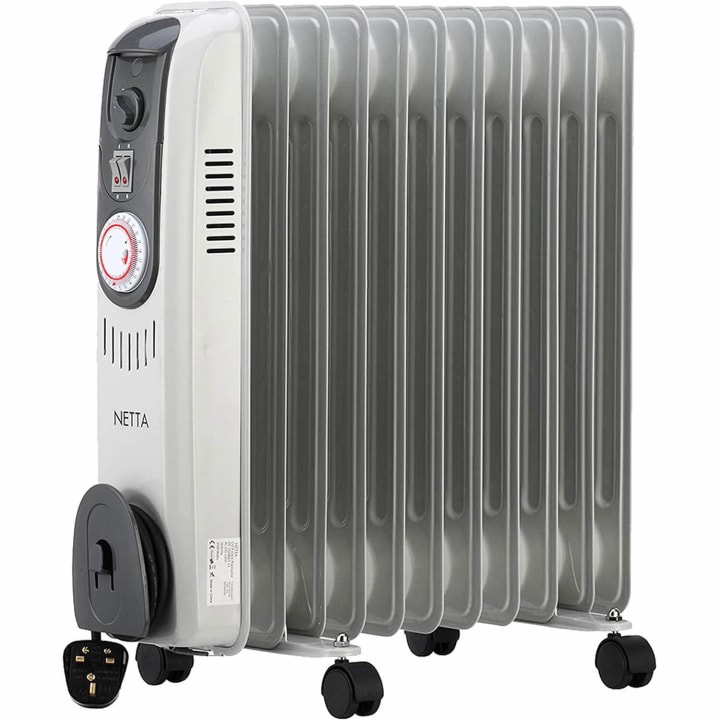
Install insulation on the roof. Your home will be cool in the summer and warm in the winter. This is a long-term solution throughout the year.
When building, remodeling, or upgrading a new home, consider installing an entire home heating system such as reverse cycle split system air conditioning, gas-powered non-flue / flue heaters, and hot water gas heating. Please give me. Don't hesitate to pay a higher initial cost. Understand the consistent long-term benefits of higher energy efficiency and wider heat distribution.
Conclusion
As you can see, it's not just hot air that takes the time to choose the right heater. We have outlined the most important factors to consider in making the right choice when heating a home effectively and efficiently. If you have any other questions or comments about the best heater for you, leave them below!
About the Creator
Nancy Thigpen
I am Nancy and welcome. I am an individual who is positive about every aspect of life. There are many things I prefer to try to do, to see, and to experience. I prefer to read, I prefer to write; I prefer to think, I prefer to concentrate.


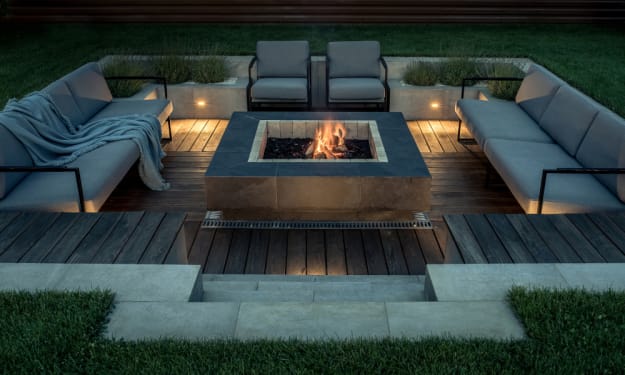



Comments
There are no comments for this story
Be the first to respond and start the conversation.